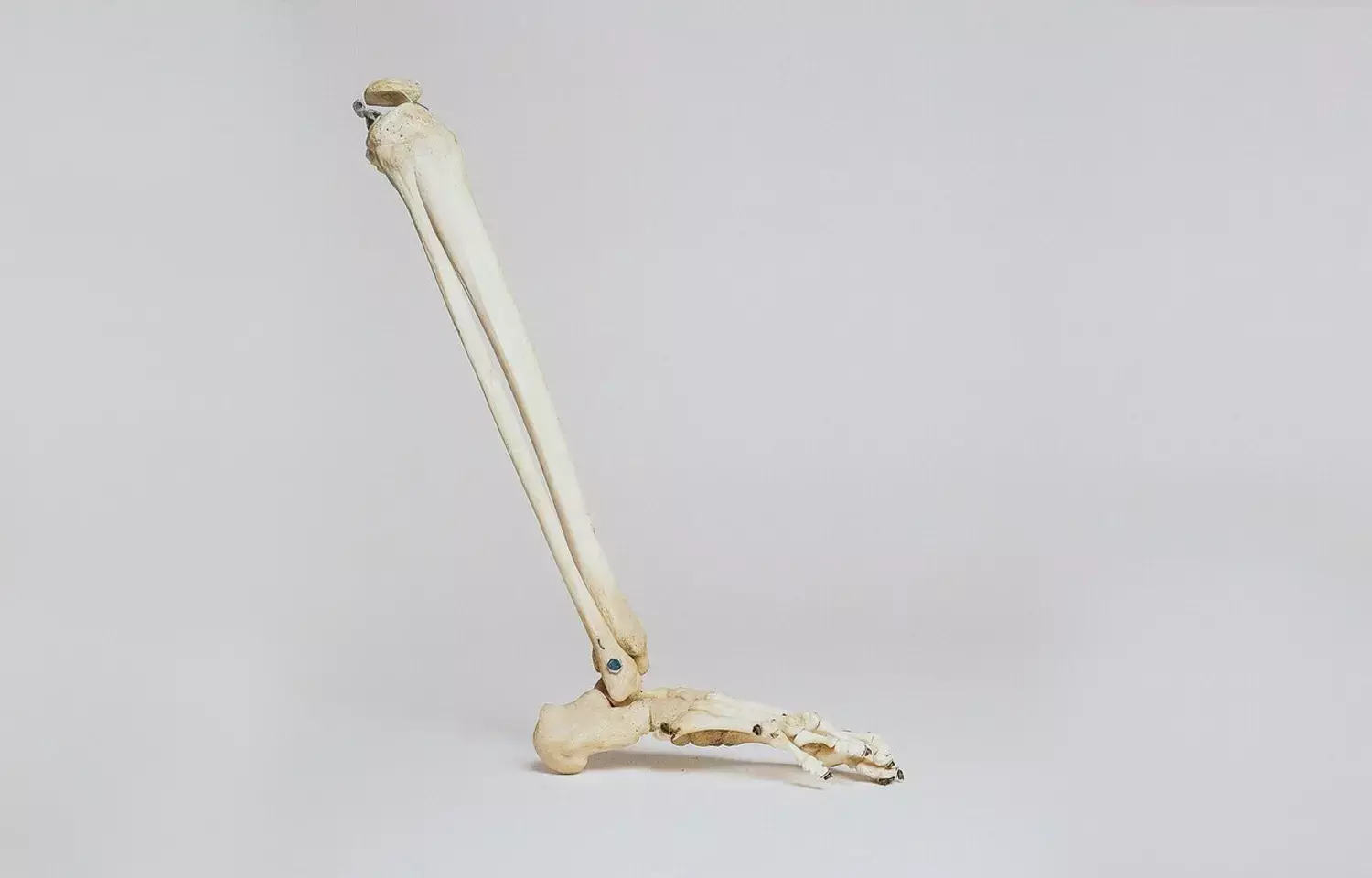- Home
- Medical news & Guidelines
- Anesthesiology
- Cardiology and CTVS
- Critical Care
- Dentistry
- Dermatology
- Diabetes and Endocrinology
- ENT
- Gastroenterology
- Medicine
- Nephrology
- Neurology
- Obstretics-Gynaecology
- Oncology
- Ophthalmology
- Orthopaedics
- Pediatrics-Neonatology
- Psychiatry
- Pulmonology
- Radiology
- Surgery
- Urology
- Laboratory Medicine
- Diet
- Nursing
- Paramedical
- Physiotherapy
- Health news
- Fact Check
- Bone Health Fact Check
- Brain Health Fact Check
- Cancer Related Fact Check
- Child Care Fact Check
- Dental and oral health fact check
- Diabetes and metabolic health fact check
- Diet and Nutrition Fact Check
- Eye and ENT Care Fact Check
- Fitness fact check
- Gut health fact check
- Heart health fact check
- Kidney health fact check
- Medical education fact check
- Men's health fact check
- Respiratory fact check
- Skin and hair care fact check
- Vaccine and Immunization fact check
- Women's health fact check
- AYUSH
- State News
- Andaman and Nicobar Islands
- Andhra Pradesh
- Arunachal Pradesh
- Assam
- Bihar
- Chandigarh
- Chattisgarh
- Dadra and Nagar Haveli
- Daman and Diu
- Delhi
- Goa
- Gujarat
- Haryana
- Himachal Pradesh
- Jammu & Kashmir
- Jharkhand
- Karnataka
- Kerala
- Ladakh
- Lakshadweep
- Madhya Pradesh
- Maharashtra
- Manipur
- Meghalaya
- Mizoram
- Nagaland
- Odisha
- Puducherry
- Punjab
- Rajasthan
- Sikkim
- Tamil Nadu
- Telangana
- Tripura
- Uttar Pradesh
- Uttrakhand
- West Bengal
- Medical Education
- Industry
Probiotic found effective in preventing osteoporosis in postmenopausal women: JAMA

A recent clinical trial revealed that daily supplementation with the probiotic Limosilactobacillus reuteri (L. reuteri) does not significantly reduce bone loss or alter bone turnover in early postmenopausal women. The findings of this study published in the Journal of American Medical Association suggest that while L. reuteri showed promise in earlier animal models and initial human studies, its effectiveness in preventing osteoporosis in postmenopausal women may be limited.
The primary objective of the study was to determine if long-term treatment with L. reuteri could offer clinically relevant skeletal benefits in women experiencing postmenopausal osteoporosis. This double-blind, randomized, placebo-controlled trial was conducted from December 2019 to October 2022 and included a total of 239 women who were of 50 to 60 years. The participants were recruited through online advertisements and direct mail, with an initial pool of 10,062 women narrowed down through telephone and in-person screenings.
The participants were divided into groups receiving either a low dose (5 × 10^8 CFU) or high dose (5 × 10^9 CFU) of L. reuteri capsules twice daily, or a placebo. All capsules also contained 200 IU of cholecalciferol (vitamin D). The primary outcome measured was the relative change in tibia total volumetric bone mineral density (vBMD) over two years. The secondary outcomes included changes in areal bone mineral density (aBMD) of the lumbar spine and total hip as well as various bone turnover markers.
The results of this study found that there were no significant differences in bone loss between the groups taking L. reuteri and the participants taking the placebo. Tibia vBMD, hip and spine vBMD, and tibia cortical area and BMD decreased significantly across all groups with no notable differences between them. This was further confirmed by secondary outcomes which also showed no significant treatment effects.
A prespecified sensitivity analysis indicated a potential interaction between body mass index (BMI) and treatment effect by suggesting that BMI may influence the efficacy of L. reuteri on bone health. Also, the study found no significant adverse effects associated with L. reuteri supplementation which affirms its safety for consumption. Despite the lack of efficacy in reducing bone loss, the probiotic was well tolerated by the study group.
These findings suggest that while L. reuteri is safe, its role in preventing postmenopausal bone loss is negligible. The interaction between BMI and treatment effect observed in the study open opportunities for research that should consider individual physiological factors when assessing the benefits of probiotics for bone health.
Source:
Gregori, G., Pivodic, A., Magnusson, P., Johansson, L., Hjertonsson, U., Brättemark, E., & Lorentzon, M. (2024). Limosilactobacillus reuteri 6475 and Prevention of Early Postmenopausal Bone Loss. In JAMA Network Open (Vol. 7, Issue 6, p. e2415455). American Medical Association (AMA). https://doi.org/10.1001/jamanetworkopen.2024.15455
Neuroscience Masters graduate
Jacinthlyn Sylvia, a Neuroscience Master's graduate from Chennai has worked extensively in deciphering the neurobiology of cognition and motor control in aging. She also has spread-out exposure to Neurosurgery from her Bachelor’s. She is currently involved in active Neuro-Oncology research. She is an upcoming neuroscientist with a fiery passion for writing. Her news cover at Medical Dialogues feature recent discoveries and updates from the healthcare and biomedical research fields. She can be reached at editorial@medicaldialogues.in
Dr Kamal Kant Kohli-MBBS, DTCD- a chest specialist with more than 30 years of practice and a flair for writing clinical articles, Dr Kamal Kant Kohli joined Medical Dialogues as a Chief Editor of Medical News. Besides writing articles, as an editor, he proofreads and verifies all the medical content published on Medical Dialogues including those coming from journals, studies,medical conferences,guidelines etc. Email: drkohli@medicaldialogues.in. Contact no. 011-43720751


